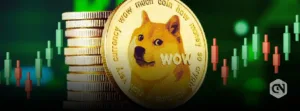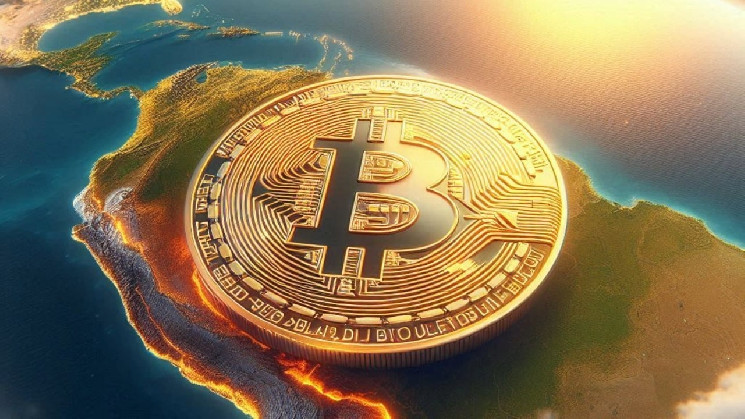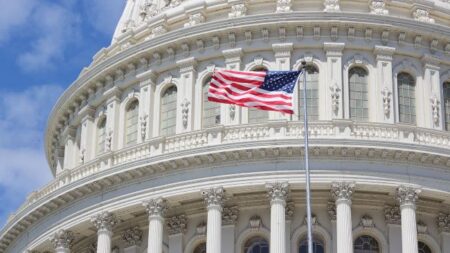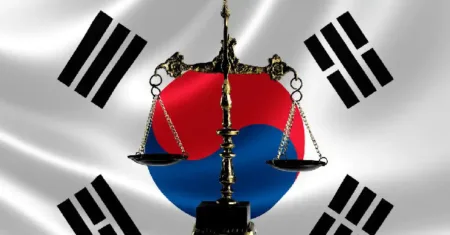Mauricio Di Bartolomeo, co-founder and CSO of Ledn, a Canada-based bitcoin lending platform, stated that Latam citizens are shifting to elect governments supporting bitcoin as a better money alternative. In an interview with Bitcoin News, Di Bartolomeo stressed that presidents like Bukele in El Salvador and Milei in Argentina have shown Latam that proposals including bitcoin and currency competition can work for the betterment of the people.
Lend Co-Founder Mauricio Di Bartolomeo: The Upcoming Election Cycle In Latam Will Be Heavily Influenced by Bitcoin
Mauricio Di Bartolomeo, co-founder and CSO of Ledn, a Canada-based crypto lending platform, has predicted that the next election cycle in Latam will be heavily influenced by bitcoin and the search for better money. Di Bartolomeo, who has over six years of experience in the industry, was also part of the incipient crypto movement in Venezuela, giving him a different look at what bitcoin means for these markets.
In a recent interview with Bitcoin News, Di Bartolomeo highlighted that presidents like Nayib Bukele in El Salvador, who ran on a pro-bitcoin platform; and Javier Milei in Argentina, who promotes better money initiatives and the elimination of central banks, are swaying voters from other countries to also support candidates with similar proposals.
Di Bartolomeo stated:
The people in Guatemala and Nicaragua that watched the transformation of El Salvador want their economies transformed as well. If the Bitcoin formula worked for El Salvador and Argentina, why not try it?
Bukele combined his zero-tolerance security policies alongside the acceptance of bitcoin as legal tender to bring the spotlight to the nation and spur a recovery in tourism. This allowed him to be reelected by a landslide and continue to further its bitcoin agenda.
Milei, on the other hand, has recently referred to bitcoin as part of a currency competition in Argentina, and his economic policies have taken the country to register zero inflation in the third week of June. This would be the first time this has happened in 30 years.
For Di Bartolomeo, these are all signs that point out that bitcoin, like in the U.S. election, will play a relevant role in Latam ballots from now on. “The message is clear. People want Bitcoin. They want better money, and they will elect politicians that stand for it,” he stressed.
The situation in Venezuela after the recent bitcoin mining ban is also relevant. Di Bartolomeo estimates that Venezuela might become a bitcoin mining powerhouse if there is a government change. Polls are giving the candidate Edmundo Gonzalez, who is a proxy candidate to the opposition leader Maria Corina Machado, who was barred from participating in the election, a 6:1 advantage over Maduro.
He assessed:
Venezuela gaining back freedom could be a wildcard not just for bitcoin and crypto, but for the region at large.
Venezuela’s crypto activity has been stopped by Maduro’s administration after detecting the participation of Sunacrip, the Venezuelan crypto watchdog, in a corruption scheme that involved undeclared sales of oil for cryptocurrency. However, a new government might deal with crypto differently, integrating it into the strategic development of an oil-rich country seeking to add more value to its energy resources, Di Bartolomeo concluded.
Read the full article here









